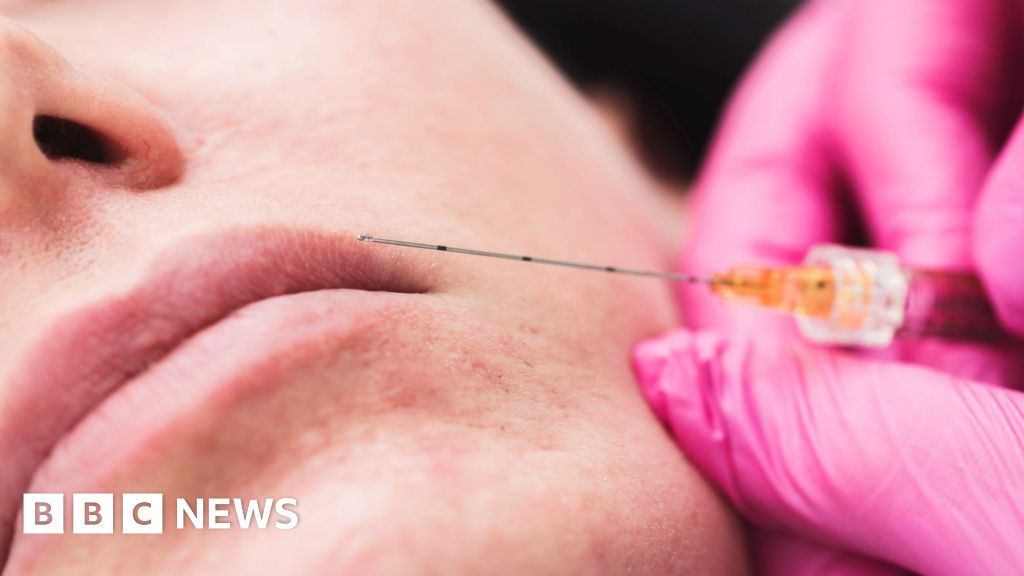The pharmacists’ watchdog has promised to investigate and “take action” after the BBC exposed illegal and potentially harmful practices in the aesthetic Botox industry.
Under UK law, Botox can only be supplied under prescription by a qualified medic following a face-to-face consultation with the patient, to check it is safe for them.
But undercover BBC researchers caught several pharmacists trying to prescribe the medicine to beauticians to use on people who had not been clinically assessed.
The General Pharmaceutical Council (GPhC) said it was continuing to review the BBC’s evidence for its own investigation.
Its chief enforcement officer Dionne Spence said: “We will take enforcement action against pharmacies, pharmacists and pharmacy technicians when required to protect patient safety.”
Under UK law, only a doctor, prescribing nurse or pharmacist, or dentist is legally allowed to prescribe botulinum toxin – commonly known as Botox – after an appropriate face-to-face clinical assessment.
They are also required to ensure the medicine is supplied to an experienced injector to administer.
But the BBC’s investigation uncovered a series of breaches by regulated pharmacists.
East London pharmacist Cornelius Agoye from Rainham was filmed selling vials of Botox to an undercover BBC reporter who was posing as a beautician intending to inject a customers
Mr Agoye asked the reporter to complete paperwork that would create a false record of a patient consultation taking place.
He also told the BBC he was willing to illegally supply additional Botox under the same prescription to use on other patients – which constitutes fraud.
When approached by the BBC, Mr Agoye apologised and admitted his conduct had fallen below professional standards.
Other pharmacists filmed or spoken to by BBC undercover researchers posing as beauticians described taking similar shortcuts.
One suggested skipping the required face-to-face consultations and falsifying photographs to trick regulators into believing a patient had been seen.
The investigation also uncovered potentially dangerous activity beyond community pharmacies.
These include a nurse offering to sell prescriptions over WhatsApp for cash, and a fake doctor selling an unlicensed and potentially dangerous black market Korean medicine.
Ms Spence told the BBC she was “very concerned” and “incredibly disappointed” by these findings.
“Our guidance is also clear that when providing non-surgical cosmetic medical products such as Botox, there needs to be a physical examination of the person to support a safe prescribing decision,” she said.
She said the GPhC had already tightened guidance on online supply of medicines and was working closely with the other industry watchdogs to regulate the supply of Botox prescriptions.
“We are also working with governments and policy makers to identify how the legal and regulatory framework in this area could be strengthened and any legislative gaps could be addressed,” she said.
Following concerns about unsafe practices in the aesthetics industry, the government is considering new legislation close loopholes and to crack down on “cowboy cosmetic procedures”.
A Department of Health and Social Care spokesperson said it was developing a new national licensing scheme for non-surgical cosmetic procedures, designed to protect patients and raise standards across the industry.
Source link : https://www.bbc.com/news/articles/cddm1g470v3o?at_medium=RSS&at_campaign=rss
Author :
Publish date : 2025-10-13 05:01:00
Copyright for syndicated content belongs to the linked Source.
